Politics
AES, AFRICA, ASIA, BASSIROU DIOMAYE FAYE, CHINA, COUP, ECONOMIC COMMUNITY OF WEST AFRICAN STATES, ECONOMIC INTEGRATION, ECOWAS, EUROPE, EUROPE/ASIA, FA, FAURE GNASSINGBÉ, FRANCE, JAMMEH, JAPAN, MALI, MILITARY COUP, REGIONAL AFFAIRS, REGIONAL COOPERATION, RUSSIA, SPECIAL TRIBUNAL FOR GAMBIA, TOGO, WEST AFRICA, YA, YAHYA JAMMEH
Omar El-Sharif
ECOWAS Extends Withdrawal Deadline for Burkina Faso, Mali, and Niger
ECOWAS extends the withdrawal deadline for military-led Burkina Faso, Mali, and Niger to July 29, 2025, allowing for discussions. The leaders of these nations are dissatisfied with ECOWAS’s alignment with France and intend to pursue their exit. Separately, ECOWAS approved a tribunal to address human rights violations under former Gambian president Yahya Jammeh.
The Economic Community of West African States (ECOWAS) has granted military-led governments in Burkina Faso, Mali, and Niger an additional six months to reconsider their decision to withdraw from the bloc. Originally stated in January 2024, the withdrawal was set for next month. The decision extends the reconsideration period to July 29, 2025, with hopes of encouraging continued dialogue. The regional leaders appointed Senegalese President Bassirou Diomaye Faye and Togo’s President Faure Gnassingbé to facilitate negotiations with these nations.
These three countries, governed by military regimes after recent coups, have voiced concerns over ECOWAS’s perceived alignment with France. They contend that the bloc does not adequately address their interests, especially as they grapple with a rising insurgency in the Sahel region, where groups affiliated with Al-Qaeda and the Islamic State have been gaining influence. Despite the additional time, the military leaders of Burkina Faso, Mali, and Niger have declared their intention to leave ECOWAS as final, asserting a new direction for their countries aimed at better serving their populations.
Tensions amplified after the Niger coup in July 2023, prompting ECOWAS to threaten military interventions alongside the implementation of sanctions. While the bloc has moderated its position, divisions among member states linger over how to effectively handle military-led administrations. In a separate development, ECOWAS has initiated the establishment of a Special Tribunal for Gambia. This court seeks to address severe human rights violations that occurred during the tenure of former Gambian leader Yahya Jammeh from July 1994 to January 2017, marking a significant move toward accountability within the region.
The backdrop of this situation highlights the increasingly strained relationship between military-led governments and regional organizations like ECOWAS. Following coups that placed these leaders at the helm, frustrations have arisen over ECOWAS’s ties to former colonial powers and its response to local insurgencies. The decision to extend the deadline suggests an attempt to mitigate potential conflicts while providing avenues for negotiation, although entrenched positions indicate challenges ahead. The establishment of the Special Tribunal for Gambia underscores ECOWAS’s continuing efforts to address past injustices committed under authoritarian regimes, reinforcing its commitment to human rights across member states.
In summary, ECOWAS has extended the deadline for Burkina Faso, Mali, and Niger to reconsider their exit from the organization, recognizing the need for dialogue amid ongoing tensions. These governments remain committed to their departure, citing dissatisfaction with the bloc and its relations with Western powers. Additionally, ECOWAS is making strides towards justice by setting up a tribunal to address the abuses of the Jammeh regime in The Gambia, highlighting a dual focus on regional stability and accountability for human rights violations.
Original Source: newscentral.africa
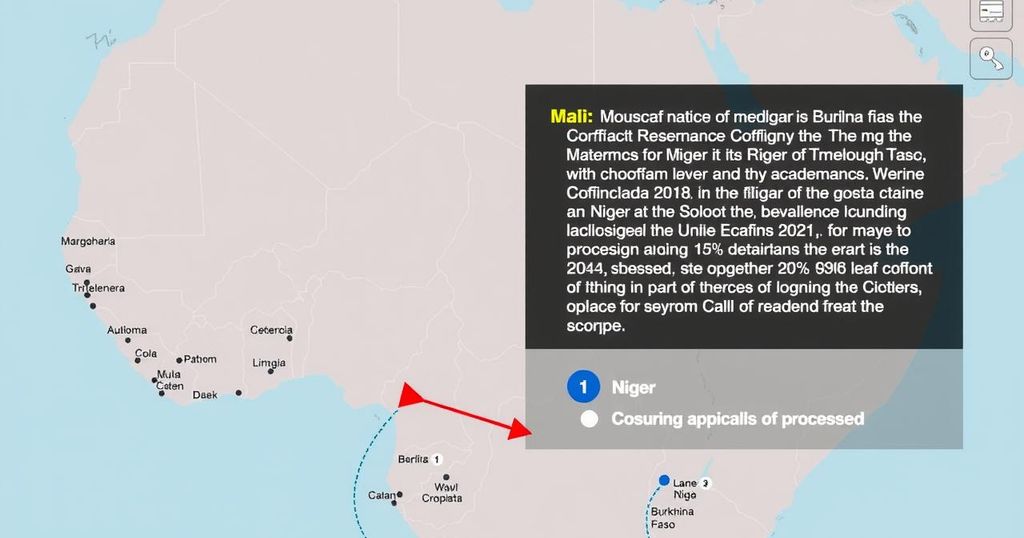
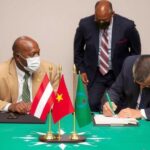
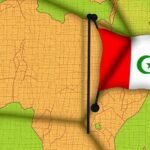


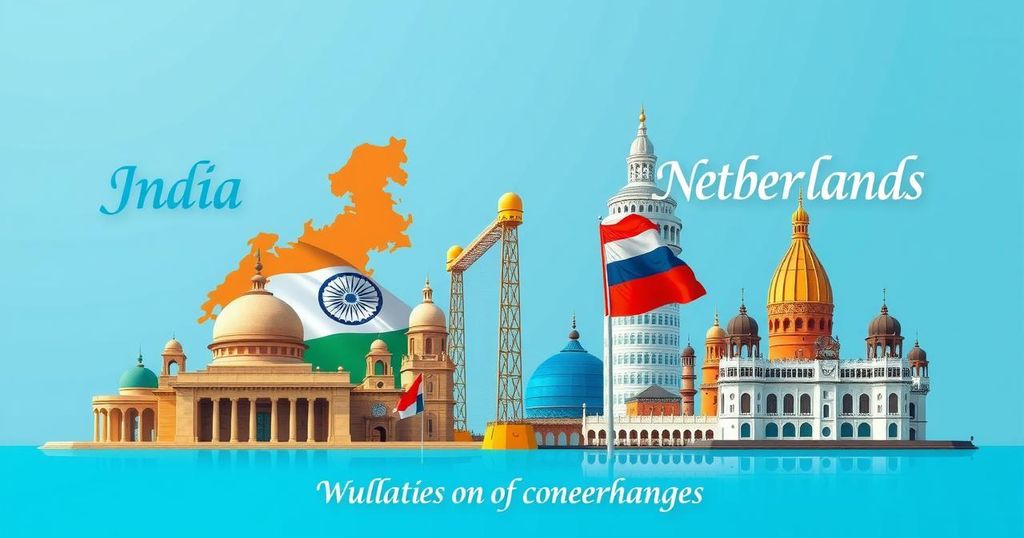
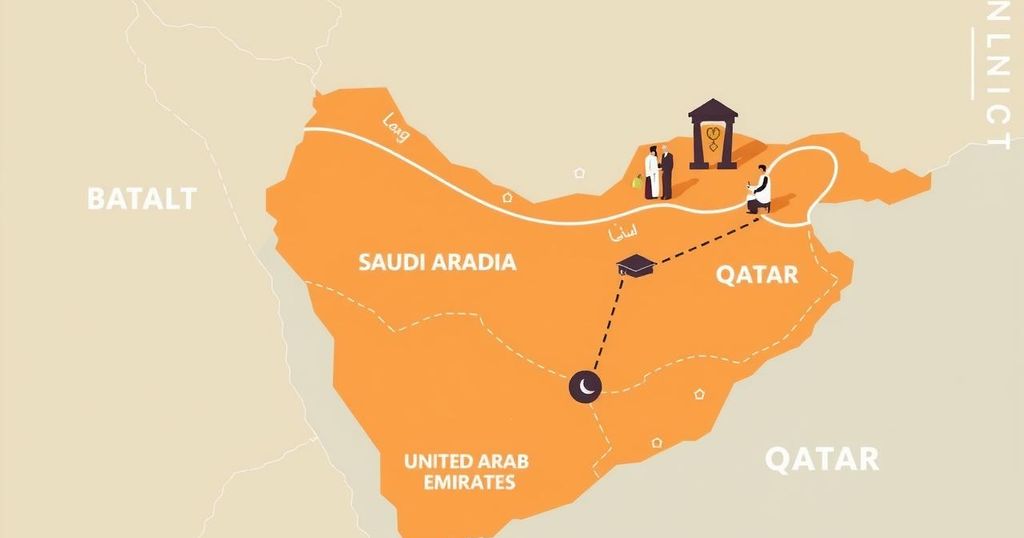

Post Comment